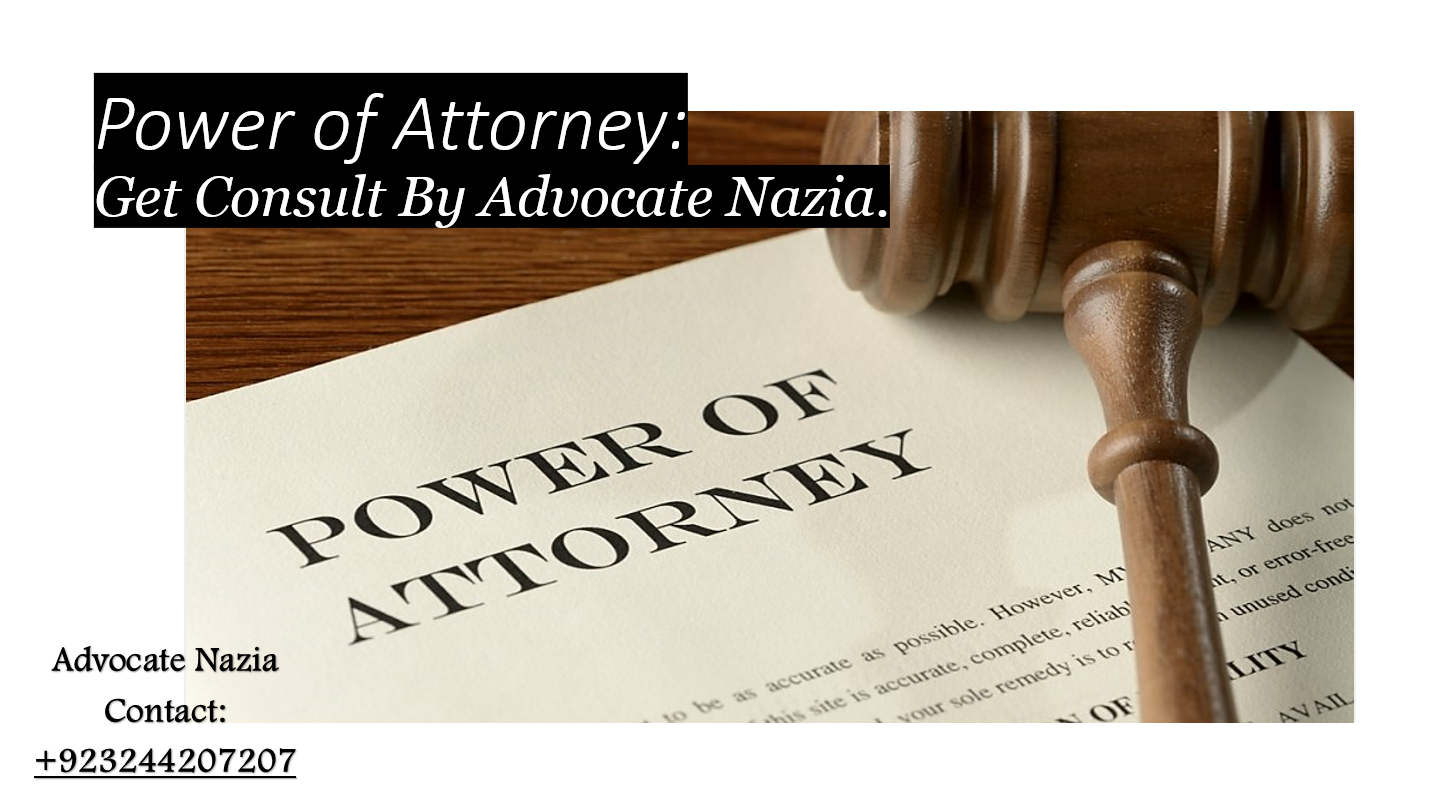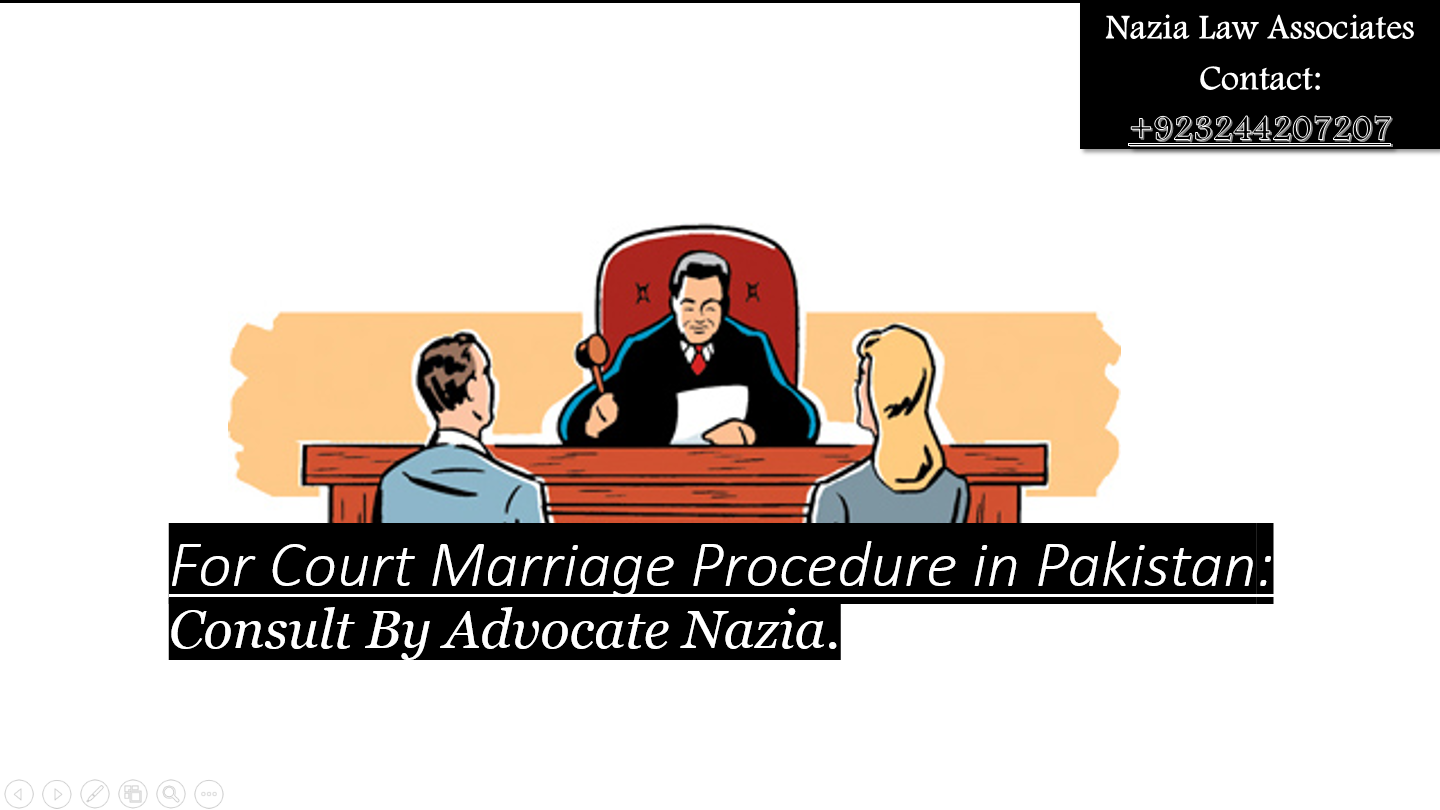Now Hire Legal Advice From Pakistan Property Lawyer

SUMMARY
Legal Advice From Pakistan Property Lawyer:
If you need legal advice from Pakistan property lawyer or Advocates in Pakistan you may contact Jamila Law Associates. For legal advice, they go to the clerk who sits in every magistrate’s court and who is there to advise and assist the magistrates. Generally, the clerk will be a Advocate or barrister of at least five years’ experience. The justices’ clerk is in a position of some power not more than Pakistan property lawyer or Advocates in Pakistan, for he may easily influence the magistrates in their decision, although, of course, he should not do so. In theory, the clerk’s role is limited to advising the magistrates as to questions of law, practice, and procedure, and at the same time to giving general advice as to sentencing practices.
Magistrate:
The clerk should not be involved in the magistrates’ decision to guilt or innocence or impose the sentence. In practice, however, the justice clerk is extremely influential, and many observers feel that they often play a more active role in the decision-making process than is theoretically permitted. Certainly, it takes a strong-minded JP to stand up to an experienced clerk! Tribunals are unlike the other courts since they are, strictly speaking, not courts at all.
Constituted Bodies:
They are specially constituted bodies for deciding disputes in a particular area of the law by Pakistan property lawyer or Advocates in Pakistan. For instance, industrial tribunals settle employment disputes; rent tribunals fix fair rents. All tribunals have a specialized jurisdiction. Although there were some tribunals in the nineteenth century, they are largely twentieth-century phenomena. In particular, the post-war period has seen a substantial sub- increase in the numbers of tribunals and in the types of work they do.
Advocates in Pakistan:
The expense of Pakistan property lawyer or Advocates in Pakistan, inaccessibility, and formality of the conventional courts have led to the introduction of more and more tribunals aimed at providing a cheap and informal means of resolving disputes. It indeed is the justification for not allowing legal aid for tribunal cases; the argument is that an extension of legal aid would result in the tribunals becoming over-lawyered and that, in time, the tribunals would acquire the less desirable features of ordinary courts.
Counter Argument:
The counter-argument is, of course, that it is absurd to allow legal aid from Pakistan property lawyer or Advocates in Pakistan for a trivial magistrates’ court or county-court case and yet deny it for a tribunal case which might be of great significance (for instance, industrial tribunals can award thousands of pounds compensation-much more than the £5,000 limit in the county court).
Tribunals:
Although the tribunals are outside the convention court courts system, they are subject to control by the courts. Some tribunal decisions can appear directly to the courts, but usually, a question of law (not fact) must be involved. In addition, the Divisional Court of the Queen’s Bench Division exercises a general supervisory role over all tributes by Pakistan property lawyer or Advocates in Pakistan. It will quash a tribunal’s decision that exceeds its power, misbehave serially, or refuses to hear a claim.













